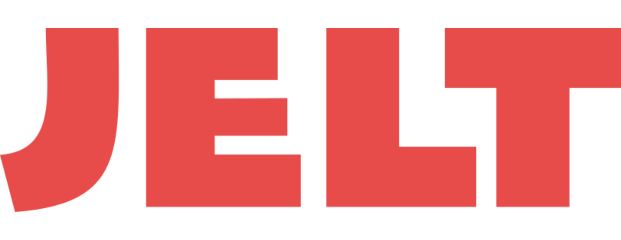Abstract
Citizenship by Investment (CBI) programmes are defined as ‘an exchange of national membership rights for immigrants’ financial and human capital’ (Gamlen, Kutarna and Monk 2016 pp.6). CBIs represent an innovative and increasingly common mechanism that allows governments to monetise the allure of their countries to migrants, thereby converting intangible assets into financial assets. For applicants, the incentive is a passport, primarily for those coming from troubled regions or those nationalities who encounter visa restrictions of one form or another. Many critics of these CBI programmes have indicated some plausible drawbacks to their practice while further citing that practicing countries have yet to exhaust alternatives before making such a policy move (Williams and Hosein 2019). Substantial integrity and corruption concerns appear to be synonymous with CBI programmes, notwithstanding their regulatory structure (Williams and Hosein 2019). CBI programmes have been criticised by national and international organisations such as the Organisation for Economic Cooperation and Development (OECD), Financial Action Task Force (FATF), the European Commission and the United States Congress. It has been argued that the rapid emergence and growth of such programmes may exacerbate risk of abuse and corruption and raise the possibility of curtailed visa-free access to advanced countries (Xin, El-Ashram and Gold 2015). It is suggested that due diligence can be facilitated and maintained using Artificial Intelligence (AI) tools (e.g., machine learning) in CBI programmes as long as fundamental safeguards are instilled in the development and use of such technology.
Keywords
Download
Joseph J., Turksen U. (2022) "Harnessing AI for due diligence in CBI Programmes. Legal and Ethical Challenges
", Journal of Ethics and Legal Technologies, 4(2), 3-26. DOI: 10.14658/pupj-JELT-2022-2-1
Year of Publication
2022
Journal
Journal of Ethics and Legal Technologies
Volume
4
Issue Number
2
Start Page
3
Last Page
26
Date Published
11/2022
ISSN Number
2035-4983
Serial Article Number
1
DOI
10.14658/pupj-JELT-2022-2-1
Issue
Section
Articles

 © 2025 Padova University Press - Università degli Studi di Padova
© 2025 Padova University Press - Università degli Studi di Padova